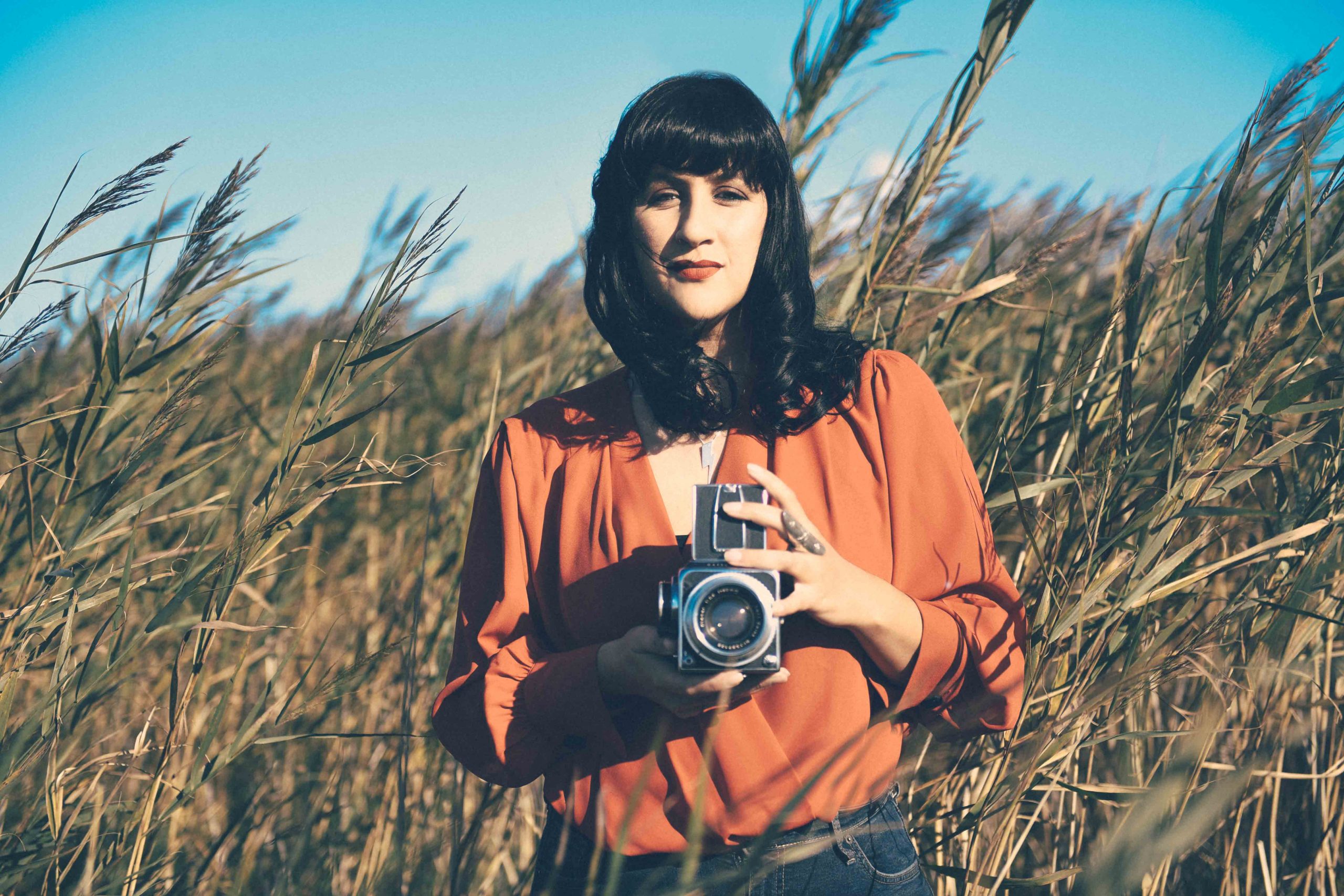Ruth Medjber should be coming to the end of what she planned to be a “jam-packed” year – from having an exhibition in Australia to touring the states and working at Glastonbury. Yet, due to Covid-19, these plans changed. However, she became restless and started noticing the bills rolling in and decided to take action in the early days of the lockdown. And that’s when she had her lightbulb moment to start her photo project Lockdown Portraits in the Window which earned her international recognition. Her new venture is an obvious labour of love which requires her to work essentially…
Cancel at any time. Are you already a member? Log in here.
Want to continue reading?
Introductory offer: Sign up today and pay €200 for an annual membership, a saving of €50.

